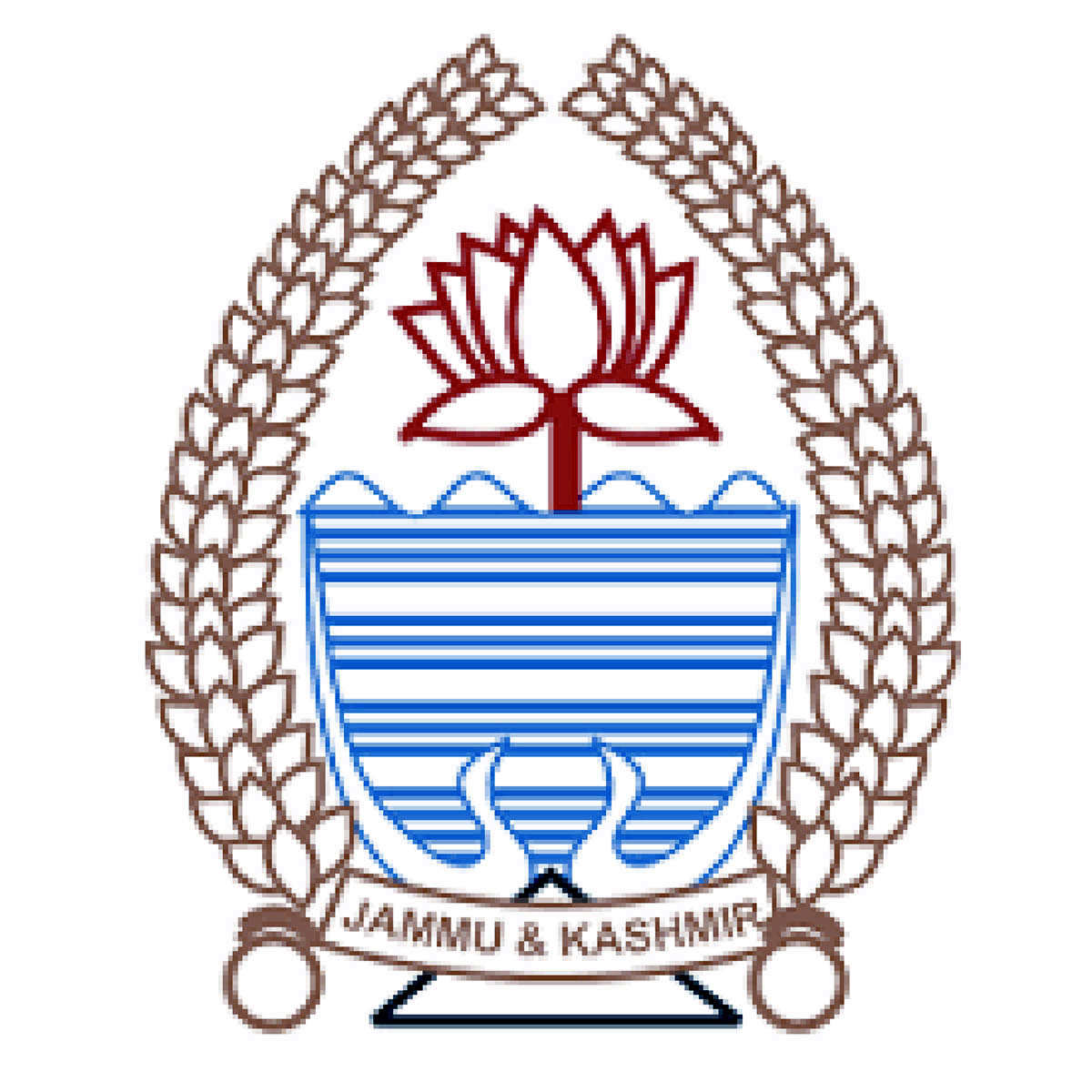Bivek Mathur
JAMMU, Feb 24: It has been more than one year since Jammu and Kashmir Government gave its nod for the re-establishment of Jammu and Kashmir Commission for Women on February 8, 2022, there has been no headway till date in appointment of a chairperson, members or the other office bearers of the new commission.
Pertinently, the State Women Commission in the erstwhile State of Jammu and Kashmir was disbanded along with six other Commissions by the Jammu and Kashmir Government on October 23, 2019 as part of an exercise to reorganize the then State into two UTs of Jammu and Kashmir and Ladakh.
A former employee of the State Women Commission said on condition of anonymity that at the time the then State Women Commission was wound up by virtue of the order dated October 23, 2019, there were over 5000 cases with the Commission in total “and we’re getting around 5/10 on a daily basis”.
Of them, he said, only 200 were pending disposal at different stages as the Commission was working very efficiently.
He further said that the Commission’s efficiency could also be gauged out from the fact that the last chairperson, Vasundhara Pathak Masoodi had also planned to establish State Women Commission’s district-level cells so that justice could reach the victims residing even in the remotest regions of the then State.
But unfortunately, he said, “the Commission was closed in a hurry”.
In a sigh of relief to the victims of the domestic violence and other nature of crimes perpetrated against the women, on February 8, 2022, the UT Government accorded sanction to the constitution of a fresh commission to be called as “the Jammu and Kashmir Commission for Women” comprising a chairperson, five members and a member secretary, to look into the complaints of crimes against women.
Post constitution of a commission, it was stated by the Government that the process to select a chairperson, member and member secretary would be completed soon. But till date, the Social Welfare Department has made no progress on this subject.
Commissioner Secretary, Social Welfare Department, Sheetal Nanda, who had to complete the process of appointments in the J&K Commission for Women, told the Excelsior, “until date, the process has not been initiated”.
Asked about a timeline to complete the same, the senior bureaucrat said, “let us see what happens next”.
However, the National Commission for Women has also constituted a “J&K and Ladakh Cell” to look into the complaints of women from the newly created UTs, and to coordinate all activities for addressing the issues concerning women including special problems/challenges, to take initiatives for their development and empowerment, conduct workshops, seminars, research studies, legal awareness programmes besides holding meetings with various stakeholders to discuss the challenges faced by the women in these regions but the victims complaint, “approaching ‘J&K and Ladakh Cell’ is not possible for all the victim women as it requires knowledge of gadgets and the subject (approaching the cell) itself.”
One of the victims said, “the cell is at NCW; it may not be difficult to approach them through e-mail for women like us who are tech-savvy but what about the majority of the women who cannot even handle a smart phone correctly”.
“Moreover, the cell forwards a complaint to the DGP, who further forwards it to the concerned SSP and then the SSP to his subordinates in the hierarchy. There is no place where parties can come for hearings together. It is just a hogwash and only for the purpose of optics…..nothing material on the ground,” she said.
She further said that the NCW teams come, hold meetings and go back without serving the purpose-providing justice to the women victims.
“There is no proper institution where the victims can follow up with their cases or there is no system in place where regular hearings could be held as it used to happen when there was a full-fledged Commission. All these regular hearings or settlement proceedings had a very powerful impact on in-laws or the other accused,” she said.
Citing her own example, she said: “in my case also, we used to have at least 3 to 4 hearings in a month on short intervals which was not even possible even in the regular courts. The case was about to reach some conclusion when unfortunately the Commission was winded up in a hurry”.
Asked about the problem in approaching women police stations working in Jammu and Kashmir, she replied with, “nobody works properly in police stations because they feel they aren’t accountable to anyone”.
“Commission was a big pressure institution on all of them,” she added.
Another victim was asked about the option of approaching the “One Stop Centres” and “Mahila Shakti Kendras” for justice.
She said, “One Stop Centres and Mahila Shakti Kendras don’t help much. They generally help in filing complaints or some medical tests and you have to run after them endlessly to get your work done”.
“And there isn’t much awareness about these institutions in the rural setup, where victims by-and-large are uneducated. How will you provide justice to them?” she asked.


